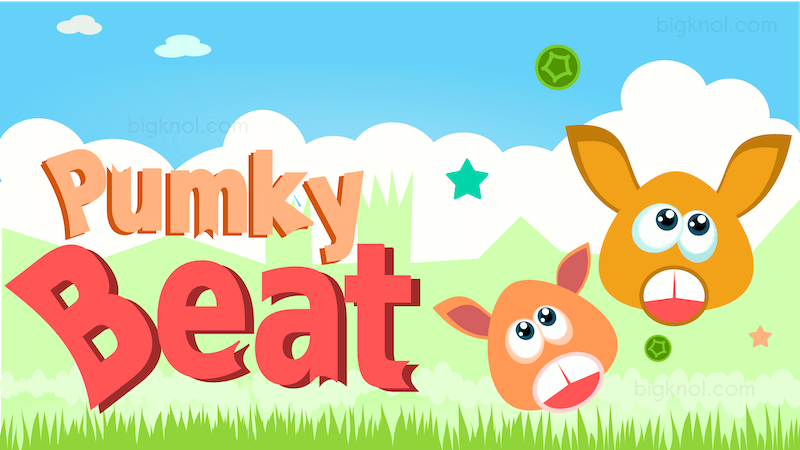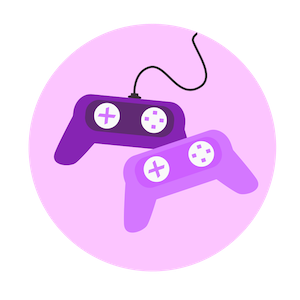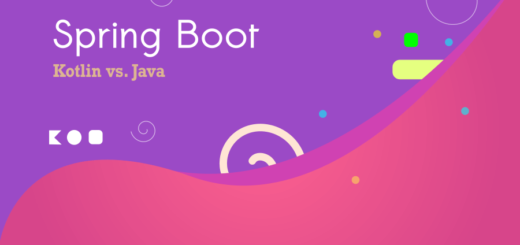Flutter Game Development: Is it Worth Trying?
Flutter game development opens exciting possibilities. It provides a versatile toolkit for developers. Firstly, Flutter offers a single codebase. Developers can build for both iOS and Android. This approach saves time and resources.
In this exhaustive guide, we’ll thoroughly examine Flutter game development, analyzing its advantages, functionalities, and why it’s the top pick for contemporary game creation.
Introduction to Flutter Game Development
Flutter game development opens up a world of exciting possibilities for developers and gamers alike. With Flutter, creating visually appealing and high-performance games becomes more accessible and efficient.
Why Choose Flutter for Game Development?

Cross-Platform Capability
One of the most compelling reasons to choose Flutter for game development is its cross-platform capability. With a single codebase, developers can create games that run seamlessly on both iOS and Android.
This approach not only saves time but also reduces the effort required to maintain and update the game across different platforms. Developers can focus on enhancing the game’s features and performance without worrying about platform-specific issues.
Performance
Performance is a critical factor in game development, and Flutter does not disappoint. Flutter uses the Skia graphics engine, which ensures that games run smoothly and efficiently. The framework provides high-performance graphics rendering, which is crucial for creating immersive gaming experiences.
With Flutter, developers can achieve consistent 60fps performance, providing gamers with a smooth and responsive experience.
Customizable UI
Flutter offers a rich set of pre-designed widgets that are highly customizable. This feature is particularly beneficial for game development, where unique and engaging interfaces play a significant role. Developers can leverage Flutter’s flexible UI toolkit to create visually appealing game menus, controls, and other interactive elements.
Getting Started with Game Development

Setting Up Your Development Environment
To get started with game development, you need to set up your development environment. First, download and install the Flutter SDK from the official website. Next, set up your preferred IDE, such as Android Studio or Visual Studio Code, and install the Flutter and Dart plugins. Once the setup is complete, you can create a new Flutter project and start building your game.
Learning the Basics
Before diving into game development, it’s essential to understand the basics of Flutter. Familiarize yourself with Dart, the programming language used by Flutter. Learn about Flutter’s widget tree structure, state management, and navigation. These foundational concepts will help you build a strong base for developing more complex game features.
Choosing a Game Engine
While Flutter itself is a powerful framework, integrating it with a game engine can further enhance your game development capabilities. Flame is a popular open-source game engine built on top of Flutter. It provides essential functionalities such as sprite rendering, collision detection, and input handling, making it easier to develop 2D games. Other options include Flutter’s built-in game development libraries and third-party plugins that can add advanced features to your game.
Exploring Game Development Possibilities
2D Game Development
Flutter excels in 2D game development. The framework’s powerful graphics engine and rich UI toolkit make it ideal for creating engaging 2D games. Developers can create various types of 2D games, such as platformers, puzzle games, and arcade games. With Flutter’s hot reload feature, developers can quickly iterate on their designs and see the changes in real-time, enhancing productivity and creativity.
Integrating Animation and Physics
Animations play a crucial role in game development, adding life and dynamism to the game world. Flutter provides robust animation support, allowing developers to create smooth and complex animations with ease. Additionally, integrating physics into your game becomes straightforward with libraries like Box2D and Forge2D. These libraries provide tools for implementing realistic physics simulations, adding depth and realism to your games.
Multiplayer and Networking
Multiplayer games add a social and competitive aspect that many gamers enjoy. With Flutter, developing multiplayer games becomes more manageable thanks to its networking capabilities. Developers can use plugins like Firebase for real-time database management and authentication. Implementing multiplayer features such as matchmaking, leaderboards, and chat functionalities becomes streamlined, providing an enhanced gaming experience.
Augmented Reality (AR) and Virtual Reality (VR)
Flutter’s flexibility extends to AR and VR game development. Although AR and VR development in Flutter is still in its early stages, developers can leverage plugins like ARCore and ARKit to integrate AR functionalities into their games. Creating immersive AR experiences with Flutter allows developers to explore new dimensions of gameplay, providing users with innovative and engaging experiences.
The Future of Flutter Game Development
Ecosystem Growth
The Flutter community continues to grow, contributing to a vibrant ecosystem of libraries, plugins, and tools. This growth benefits game developers by providing a wealth of resources and support. As the community expands, more game-specific libraries and plugins will emerge, making Flutter an even more powerful tool for game development.
Advancements in Technology
Improvements in graphics rendering, animation support, and performance optimization will make it possible to create more complex and visually stunning games. As Flutter continues to evolve, developers can expect to see new features and enhancements that will make game development even more efficient and enjoyable.
Developers can experiment with new game mechanics, interactive elements, and immersive experiences. The ability to quickly iterate and prototype ideas allows for rapid innovation and creativity.
Verdict
Flutter game development stands as a powerful and versatile choice for modern game developers. Its cross-platform capability, high performance, and rich UI toolkit make it an ideal framework for creating visually appealing and engaging games.
Whether you are developing 2D games, integrating animations and physics, or exploring AR and VR, Flutter provides the tools and support needed to bring your game ideas to life.



